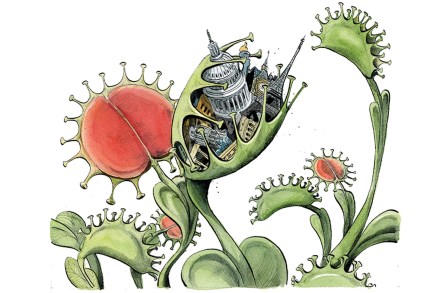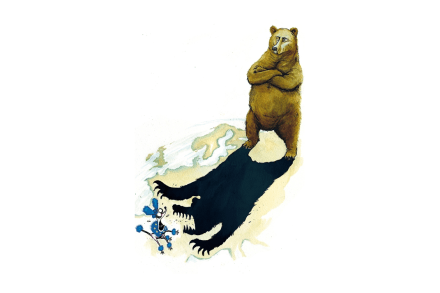America’s surprisingly disappointing GDP growth
America’s economy has officially recovered to its pre-pandemic levels, as Q2 GDP figures saw an annualised increase of 6.5 per cent. This is a positive update, on the face of it, but that’s more or less where the good news stops. The country’s GDP figures have come in notably below the consensus of what was expected, which was something closer to 8.5 per cent. The news comes just a day after the International Monetary Fund forecast the United States and the UK would lead advanced countries with their rate of economic recovery, revising its estimates for the States upwards to 7.0 per cent this year and 4.9 per cent next





















